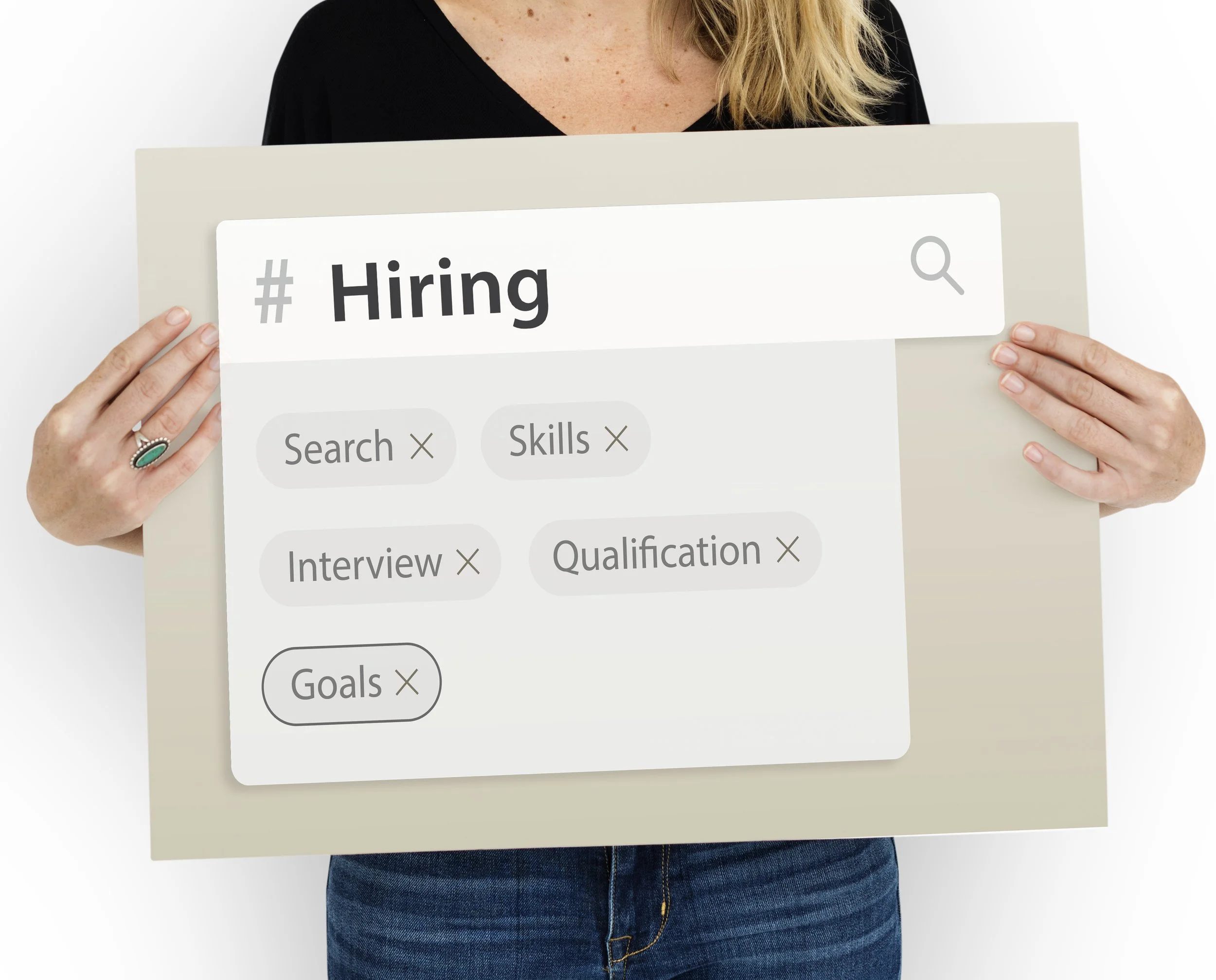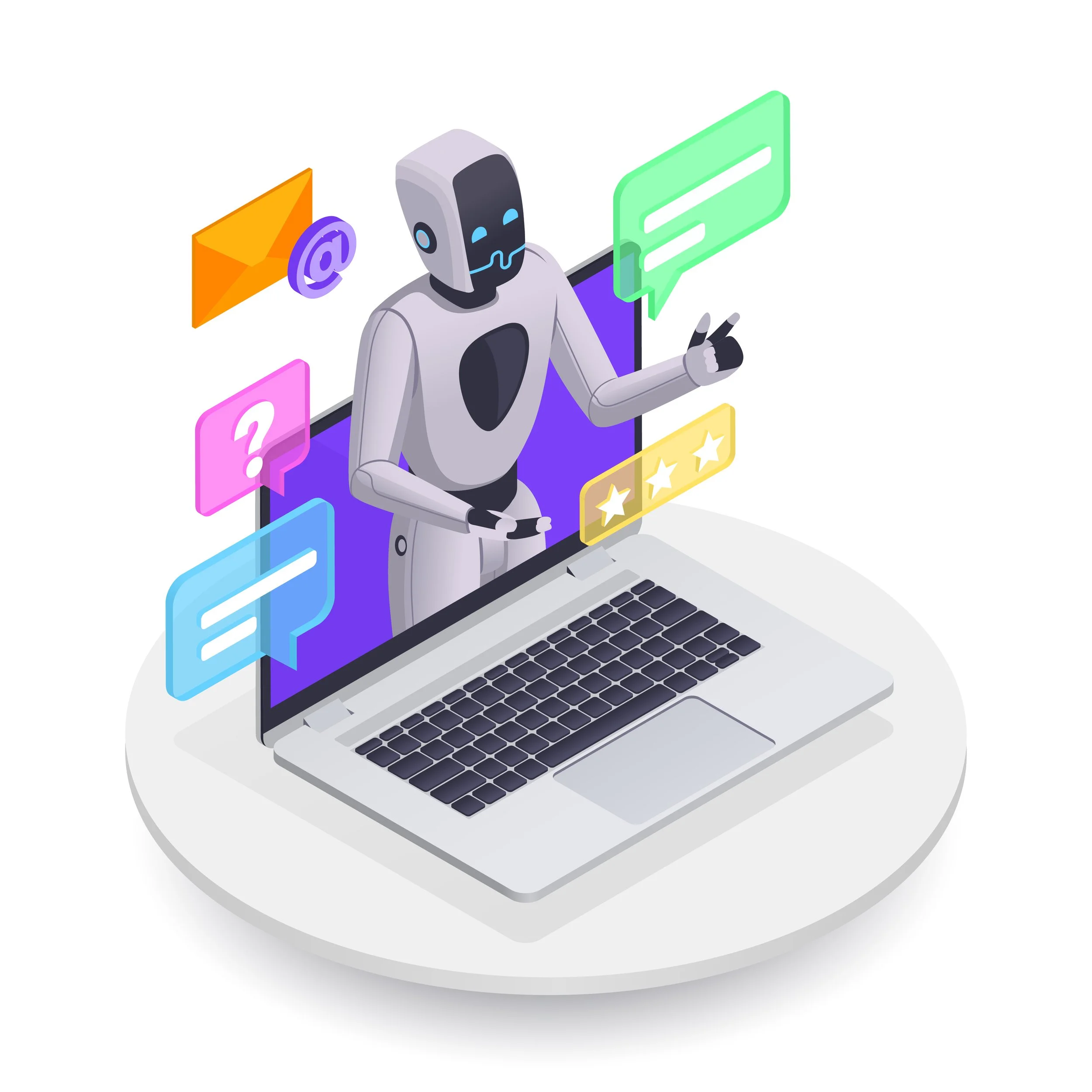FAQ How Can AI Help My Job Application?
1. Analysing Job Descriptions
One of the first steps in applying for a job is understanding what the employer is looking for. AI can be a valuable tool in analysing job descriptions to highlight the key skills and qualifications employers expect. By pasting the job description into an AI tool, you can identify the most common requirements and competencies, such as teaching experience, communication skills, or familiarity with specific educational technologies.
Use AI to extract essential skills and qualifications from the job listing. Compare these with your own skills and make sure to tailor your CV and cover letter accordingly. Highlight how your experience aligns with these key requirements to curate your application for a specific role.
2. Proofreading Your CV
Grammar, spelling, and structure are critical elements of a job application. An error-free CV presents you as a detail-oriented professional. AI-powered proofreading tools, such as grammar checkers and style editors, can catch common mistakes and suggest improvements in sentence structure, tone, and clarity.
After creating your CV, run it through an AI proofreading tool to catch any errors you might have missed. Ensure the content is clear and concise, with a professional tone throughout.
3. Mock Interviews: Generating Interview Questions
AI can also assist in preparing for interviews by generating mock interview questions based on the job description. For example, you can show AI the job listing and ask it to generate specific interview questions that align with the responsibilities and requirements of the position. These questions can cover a range of topics, including teaching methodologies, classroom management strategies, and your experience with diverse student populations.
Once AI generates interview questions, reflect on them and prepare thoughtful responses based on your experiences. Practice your answers out loud to build confidence. This exercise helps you feel more prepared for both standard and unexpected questions during your interview. It’s a great way to embrace the emerging new technologies of artificial intelligence.
4. Structuring and Organising Your Thoughts
AI can also help organise your ideas and structure your application materials. For instance, you can ask AI for examples of how to describe teaching achievements, or classroom experiences, and then adapt them to fit your personal scenarios. AI can help you brainstorm initially, but your application should showcase your individual voice and experiences.
Use AI to generate a draft of your application materials, but always take the time to personalise them based on your unique experiences and skills. AI can help you structure your thoughts, but the final document should reflect your personal story and accomplishments.
How Not to Use AI in Your Application
While AI can provide valuable support, it’s important to use it responsibly. Here are some common mistakes to avoid when incorporating AI into your job application process:
Inflating Skills or Experience: Avoid using AI to exaggerate or fabricate skills and experiences that you don’t possess. While AI can help you phrase your experience more clearly, it should not be used to create false information. Being dishonest on your CV or in an interview can severely damage your credibility and reputation!
Copying and Pasting Generic Responses: Don’t simply copy and paste AI-generated responses without editing or personalizing them. Generic responses might sound polished, but they lack the authenticity and individuality that employers seek. Be aware that as more people use AI and become familiar with it, an application generated solely from AI will stick out!
Completing Assessments Designed to Evaluate Personality or Natural Abilities: AI isn’t doing your job (yet) - you are! Some demos and assessments are purposely designed to make sure the school is hiring the right human for the job. This is NOT an area to take short cuts and save time. Being authentic, prepared and adaptable are your best bets here.
Neglecting to Properly Research the Job: AI can’t replace the need for thorough research about the institution or position you’re applying for. Don’t rely solely on AI to tell you what the job entails. Take time to read through the job description carefully, research the institution’s mission and values, and understand the teaching environment. This will demonstrate a genuine interest in the role, and make sure you’re applying for a school you actually want to work for.
Using AI for Live or Pre-Recorded Interviews: AI can help you prepare for interviews, but it should never replace your natural responses during a live or pre-recorded interview. Employers want to hear your authentic thoughts, reactions, and personality, so rely on your own knowledge and experiences when answering interview questions.
AI can be a powerful tool to help you with job applications by improving the clarity of your CV, offering interview preparation, and organising your thoughts. However, it’s essential to use AI responsibly and ensure your application reflects your unique skills and experiences. By combining AI’s capabilities with your own insights and authenticity, you’ll create a professional and quality job application that showcases the real value you bring to any teaching position.
Remember: while AI can help streamline the process, it’s your individual experiences and dedication that will ultimately make the difference in landing your dream teaching job.




